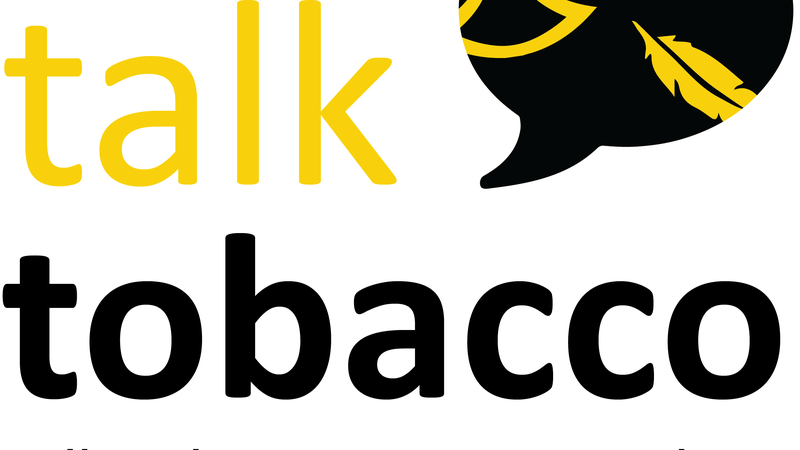
Moe: No additional public health orders necessary
Saskatchewan is maintaining the status quo with its COVID-19 public health orders as Omicron cases continue to mount.
During a media conference Wednesday, the government announced the current public health measures — including indoor masking and proof of vaccination — are being extended to Feb. 28. They’ll be reassessed at that time.
Beyond those extensions …
“I don’t think it’s necessary when you look at our hospitalizations that we need to add any additional public health orders to the suite that we have already,” Premier Scott Moe told Gormley. “And this is in large part due to what Saskatchewan people are doing.”


